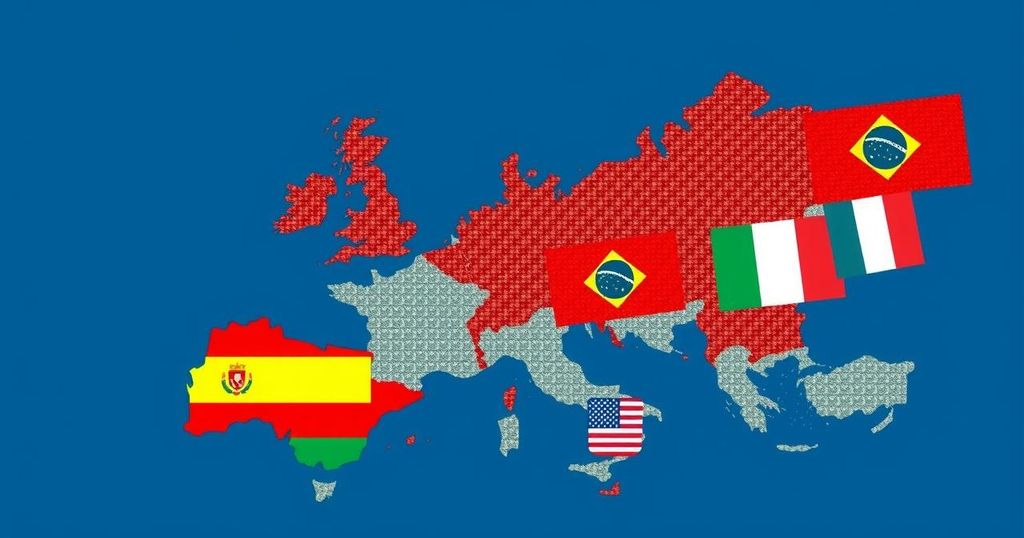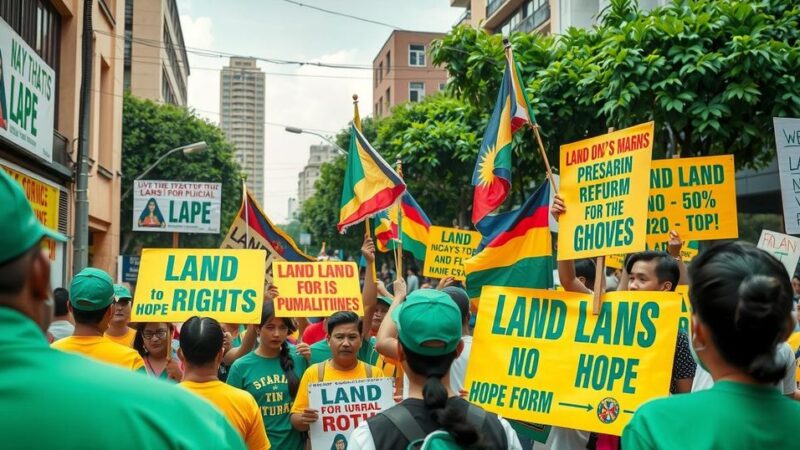Delegates from developing countries walked out of COP29 negotiations, rejecting a deal that proposed $250 billion annually by 2035 for climate action, which they found inadequate compared to the $1 trillion needed. This move highlighted the frustrations of poorer nations feeling neglected in critical climate discussions.
During the recent COP29 climate negotiations, delegates representing climate-vulnerable nations opted to walk out in protest of a draft agreement that they found unacceptable. The draft proposed providing $250 billion each year by 2035 to assist the most impoverished countries in addressing climate challenges. However, this figure, while more than double the prior commitment of $100 billion, is significantly less than the $1 trillion experts deem necessary to effectively combat climate change. Sierra Leone’s Environment Minister expressed disappointment, stating that impoverished nations feel thoroughly disregarded in discussions that heavily impact their futures.
The context of the article is rooted in the ongoing challenges faced by developing nations in the sphere of climate change. These nations are often the most affected by the climate crisis despite contributing the least to its causes. COP negotiations, such as COP29, are crucial as they determine international commitments regarding financial support and climate initiatives. The tension surrounding the recent draft illustrates the disparities between developed and developing nations in addressing climate-related issues.
In summary, the walk-out by climate-vulnerable states during COP29 symbolizes a significant dissatisfaction with the proposed financial support for combating climate change. This incident highlights the urgent need for a more substantial and equitable commitment to assist the world’s most vulnerable populations. As discussions continue, it is imperative for all nations to acknowledge and address the urgent financial requirements necessary to combat climate change effectively.
Original Source: www.independent.co.uk






